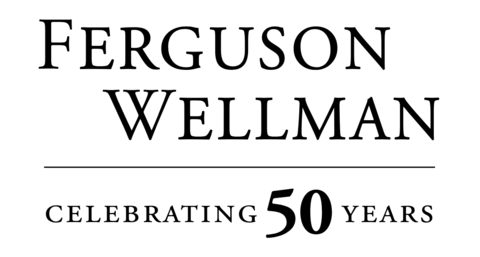Half a Century Strong: Ferguson Wellman's Bold Mission to Empower Investors Through Financial Education

Ferguson Wellman Capital Management Marks 50 Years with Financial Literacy Push
PORTLAND, Ore. - As Ferguson Wellman Capital Management commemorates its golden anniversary in 2025, the employee-owned investment firm is taking a bold step to address a critical national challenge: financial education.
The firm is launching a comprehensive initiative aimed at improving financial literacy across diverse communities, responding to alarming data from the World Economic Forum. Recent studies indicate that financial literacy among U.S. adults has stagnated around 50% over the past eight years, with a concerning 2% decline in the most recent two-year period.
Particularly striking is the persistent gap in financial knowledge among women, who continue to lag behind in financial understanding and confidence.
"Our 50-year milestone is more than a celebration of our firm's success," said a spokesperson for Ferguson Wellman. "It's an opportunity to give back and empower individuals with the financial knowledge they need to make informed decisions."
The new initiative promises targeted educational programs, workshops, and resources designed to enhance financial understanding across different age groups and demographics.
